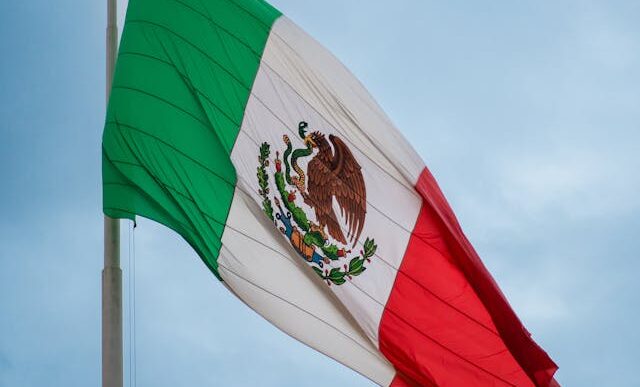Cruz Claims UN Draft Resolution Against Israel Targets Incoming Trump Administration and GOP Congress
In the final stages of the Biden administration, there is a growing apprehension in Israel and amongst its supporters that the United States, under President Biden’s leadership, might leverage the United Nations to rebuke Israel. Senator Ted Cruz, an influential Republican leader, has voiced these concerns, claiming the move is a strategic attempt to undermine the incoming Trump administration and a Republican-dominated Congress.
Background: US-Israel Relations under Biden Administration
Historically, the United States has been a stalwart ally of Israel, standing by its side in times of geopolitical conflict and extending significant financial aid to bolster Israel’s defense capabilities. However, the Biden administration, in its closing weeks, has raised new concerns among Israeli supporters with its approach to the Israeli-Palestinian conflict.
President Biden has been balancing a delicate line between supporting Israel’s security and advocating for Palestinian rights. His administration has publicly criticized Israeli settlement activities in disputed territories, a departure from the Trump administration’s largely unconditional support for Israel.
Israel’s Concerns and Cruz’s Claims
Israel’s anxiety about a potential UN resolution against it is not unfounded. The United Nations has a history of adopting resolutions critical of Israel. In 2016, for instance, the Obama administration abstained from voting on a UN resolution that condemned Israeli settlements, allowing it to pass.
Senator Cruz’s comments were delivered as a reaction to these apprehensions. According to Cruz, the Biden administration’s potential support for a UN resolution against Israel is not merely a foreign policy decision. Instead, he interprets it as a calculated move to destabilize the incoming Trump administration and the new Republican Congress.
Expert Analysis
Political analysts have offered mixed views on Cruz’s claims. Some agree with the Senator, suggesting that the Biden administration’s actions could indeed be aimed at creating hurdles for the incoming administration. Others, however, argue that Cruz’s allegations are politically motivated and lack substantial evidence.
Dr. James Dorsey, a senior fellow at the S. Rajaratnam School of International Studies, says, “While it’s not uncommon for outgoing administrations to secure their foreign policy legacy, it’s a stretch to suggest that Biden’s potential decision to back a UN resolution is primarily aimed at undermining the incoming administration.”
Statistical Overview
Historically, the United States has seldom voted in favor of UN resolutions critical of Israel. According to data from the United Nations, out of the 88 resolutions criticizing Israel that were voted on from 2000 to 2021, the United States voted ‘no’ 78 times, abstained 9 times, and did not participate once.
However, recent developments suggest a possible shift in this pattern. The Biden administration’s criticism of Israeli settlements indicates a potential change in the U.S. stance towards Israel at the UN. This change is causing unease among Israel and its supporters.
Implications for the Incoming Trump Administration and GOP Congress
If Cruz’s claims hold true, the incoming Trump administration and GOP Congress could face challenges in reversing any UN resolution passed against Israel. This could strain US-Israel relations and potentially impact the broader Middle East peace process.
However, it is important to note that the Trump administration has previously demonstrated a strong pro-Israel stance, even going as far as recognizing Jerusalem as Israel’s capital. Therefore, if faced with a UN resolution against Israel, the incoming administration could potentially counteract it through domestic and international policies.
A Tense Transition Period
As the Biden administration nears its end, the speculated move to back a UN resolution against Israel has stirred a heated debate. While Senator Cruz and some political pundits view this as an attempt to undermine the incoming Trump administration and the GOP Congress, others see it as a regular transition dilemma between two administrations with different foreign policy perspectives.
What stands clear amidst these uncertainties is that the transition from the Biden to the Trump administration will be closely watched by international observers. The handling of the US-Israel relationship, in particular, will be a key point of focus, given its significant implications for the Middle East peace process and international relations at large.















